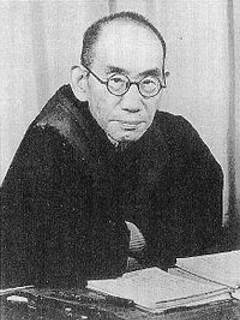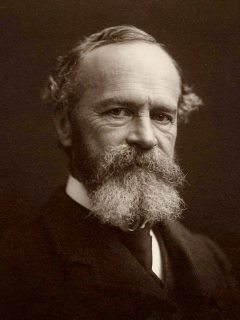

William James, Kitaro Nishida, and religion
pp. 91-107
in: Paul Standish, Naoko Saito (eds), Education and the Kyoto school of philosophy, Berlin, Springer, 2012Abstract
The perception of the relation between James's and Nishida's thought does not appear to go beyond words about pure experience. It seems thus that Nishida's thought does not have much of a relation with James's thought apart from James's idea of pure experience. So, in this paper, I attempted to develop an experimental sketch which could compare the religious thought of these two thinkers. Having then looked at the philosophy of religion as this was understood by William James and Nishida Kataro, one notices a certain commonality in their understanding of religion which bodes well as signs of a new emerging global consciousness about how religion should be perceived by different persons who live and work within different cultures and different religious traditions. James and Nishida were both interested in attending to interior conditions which exist as the subjective pole of religion wherever religion exists among different peoples living within different cultures. Both noticed that, if one were to attend to the objective pole of religion, one would find varying religious traditions: different conceptualizations about right belief and different rites of worship which indicate how transcendent sources of meaning are to be acknowledged, loved, and worshipped. I think that these two poles of religion could be analogically postulated as the archetypal motif of education.




